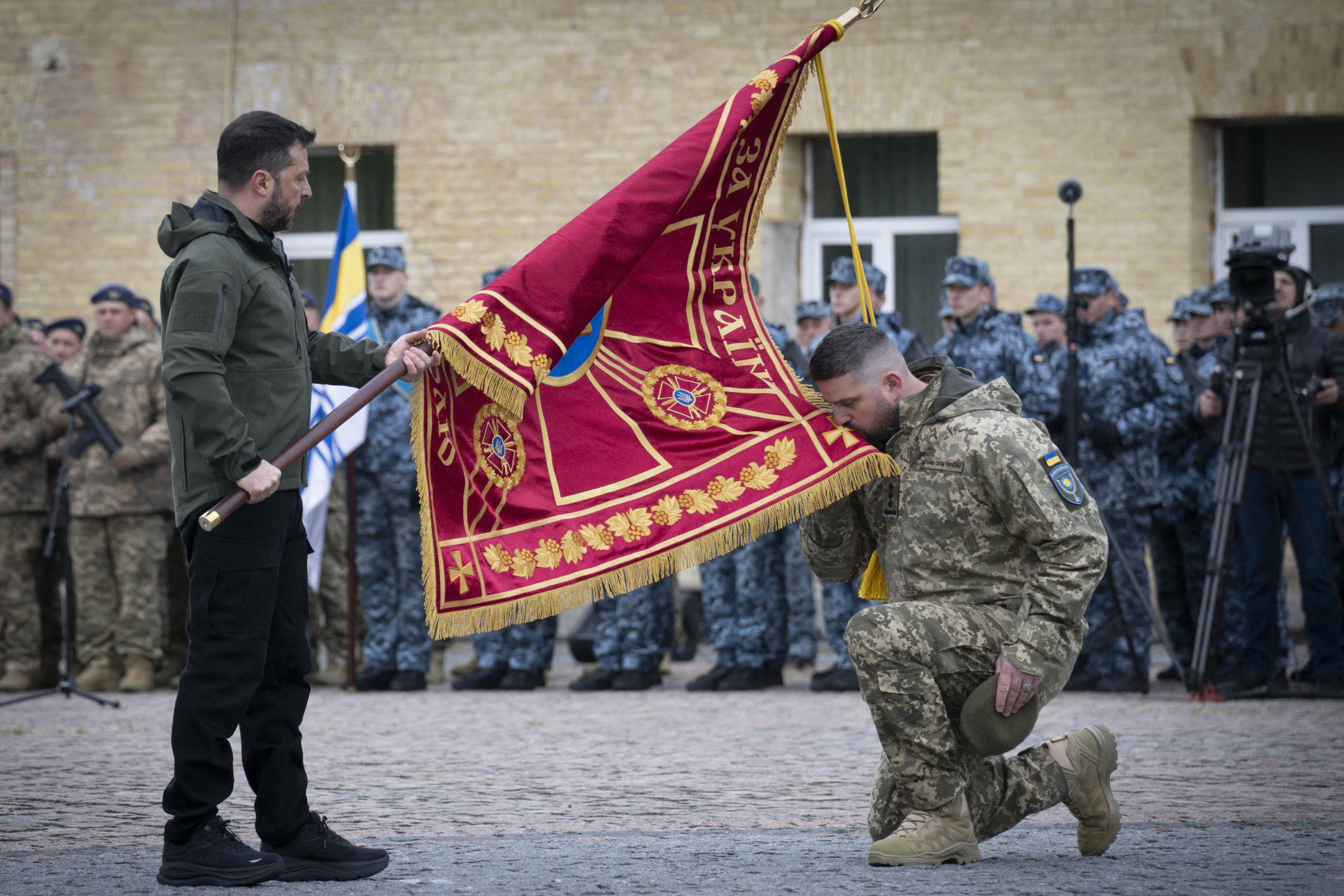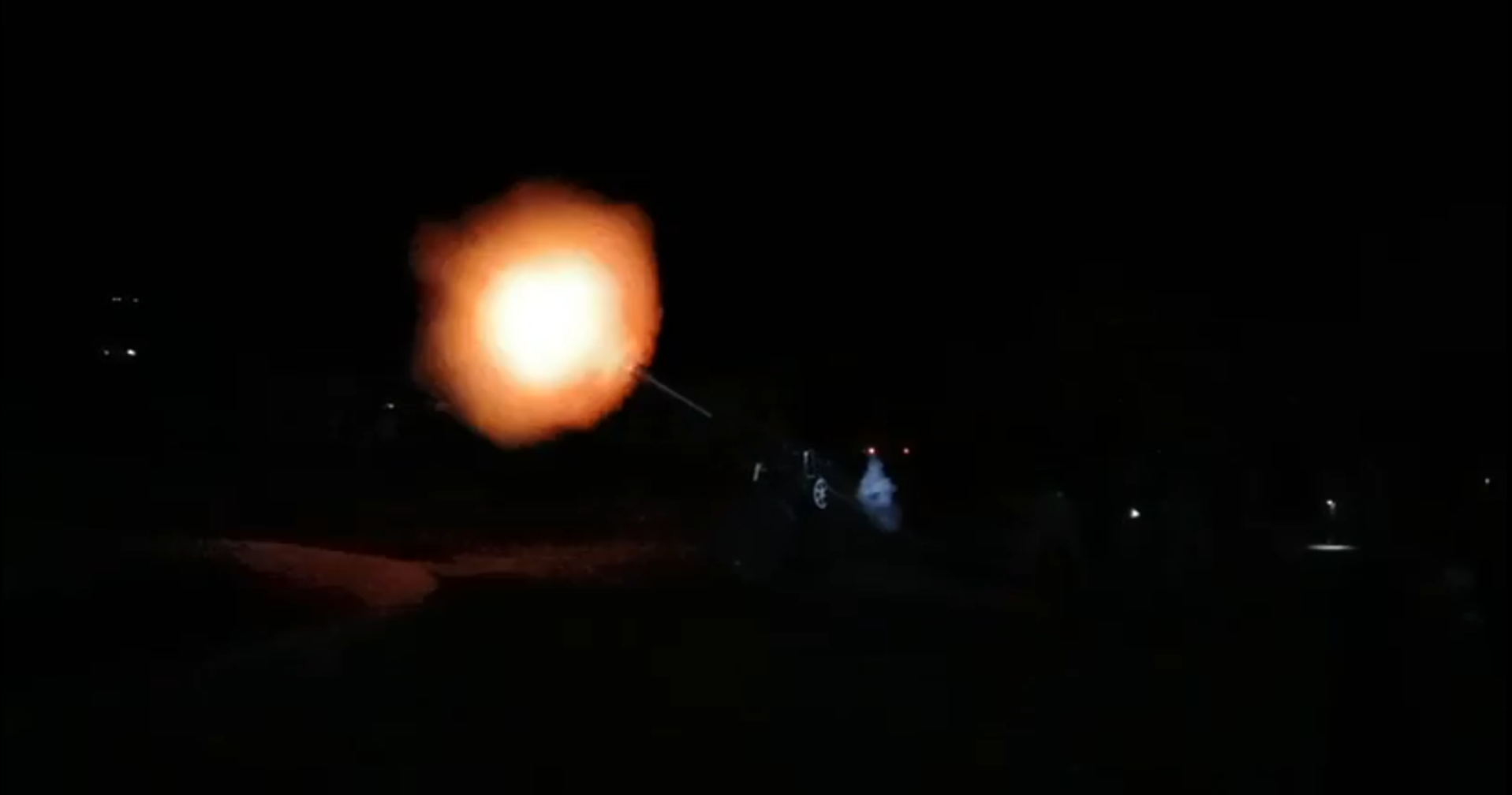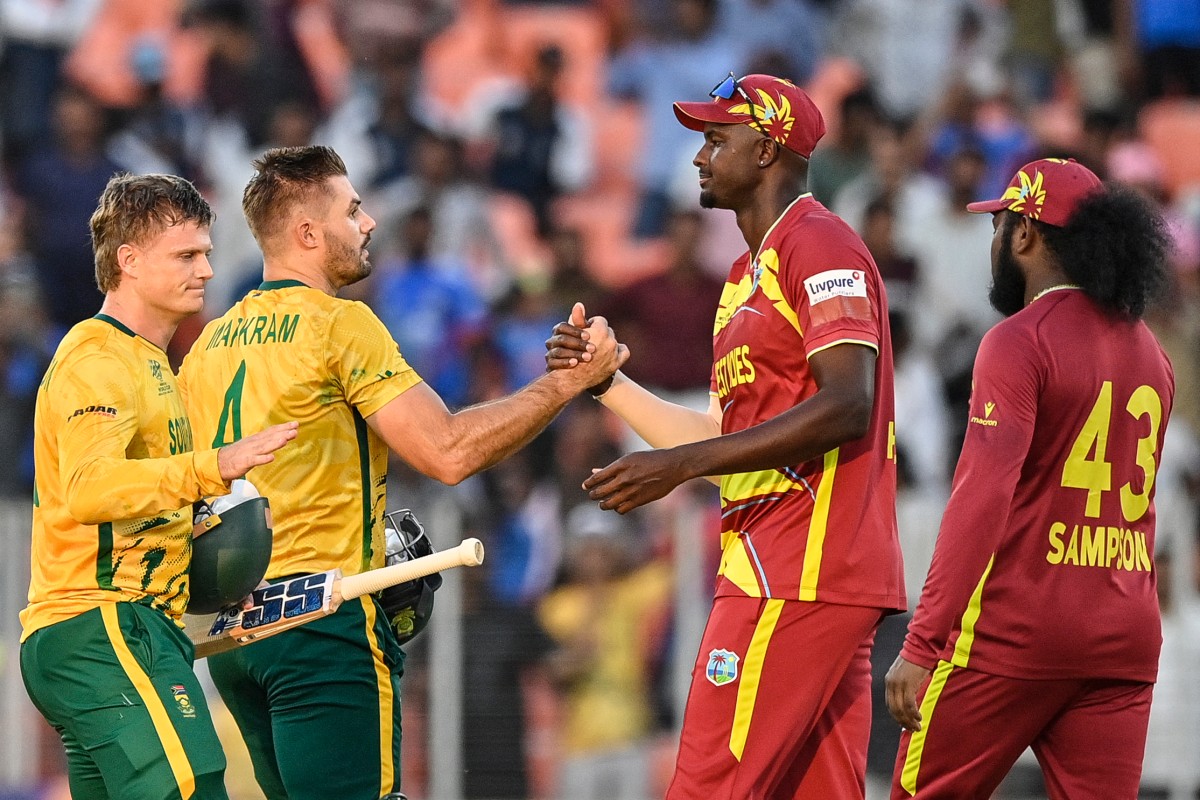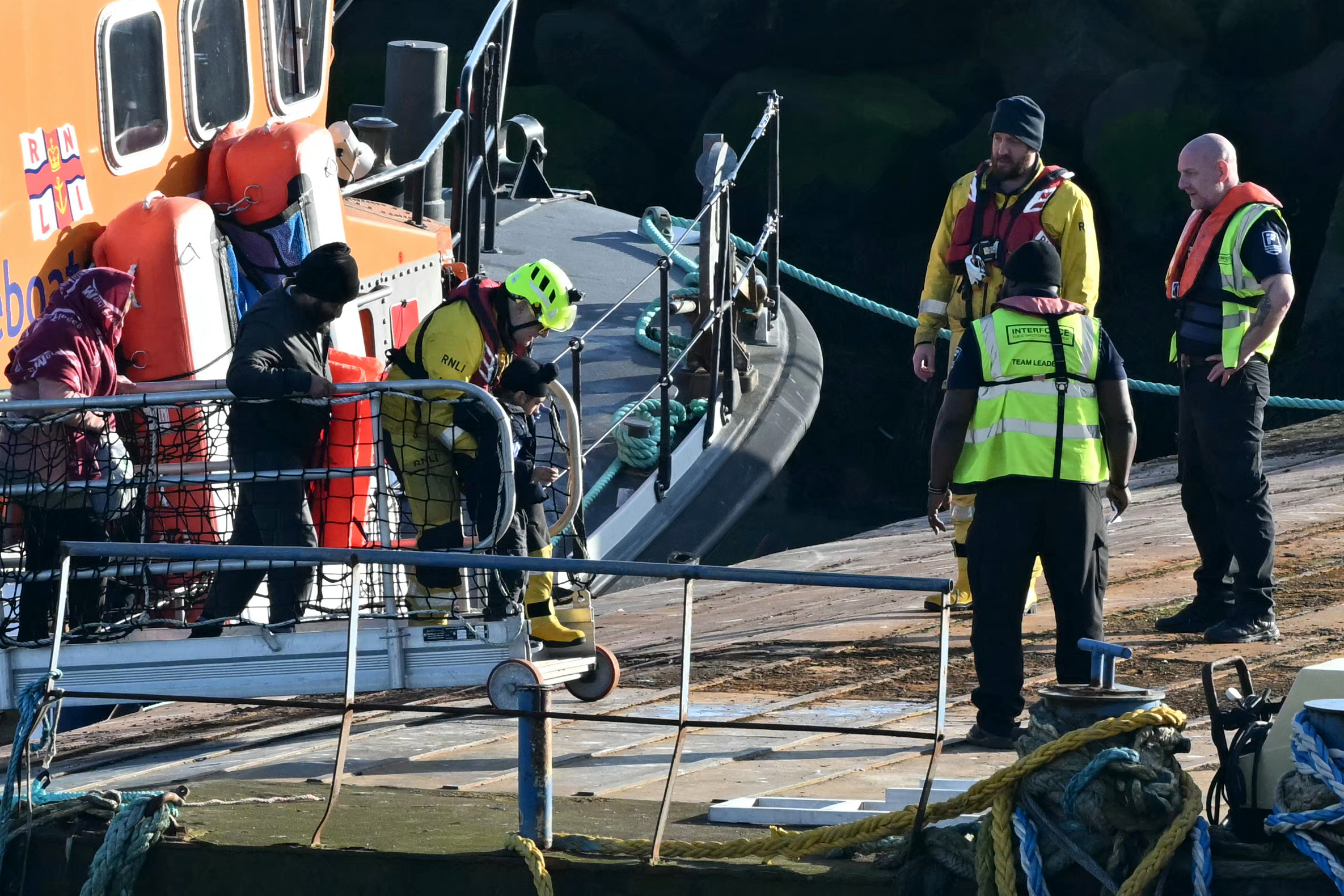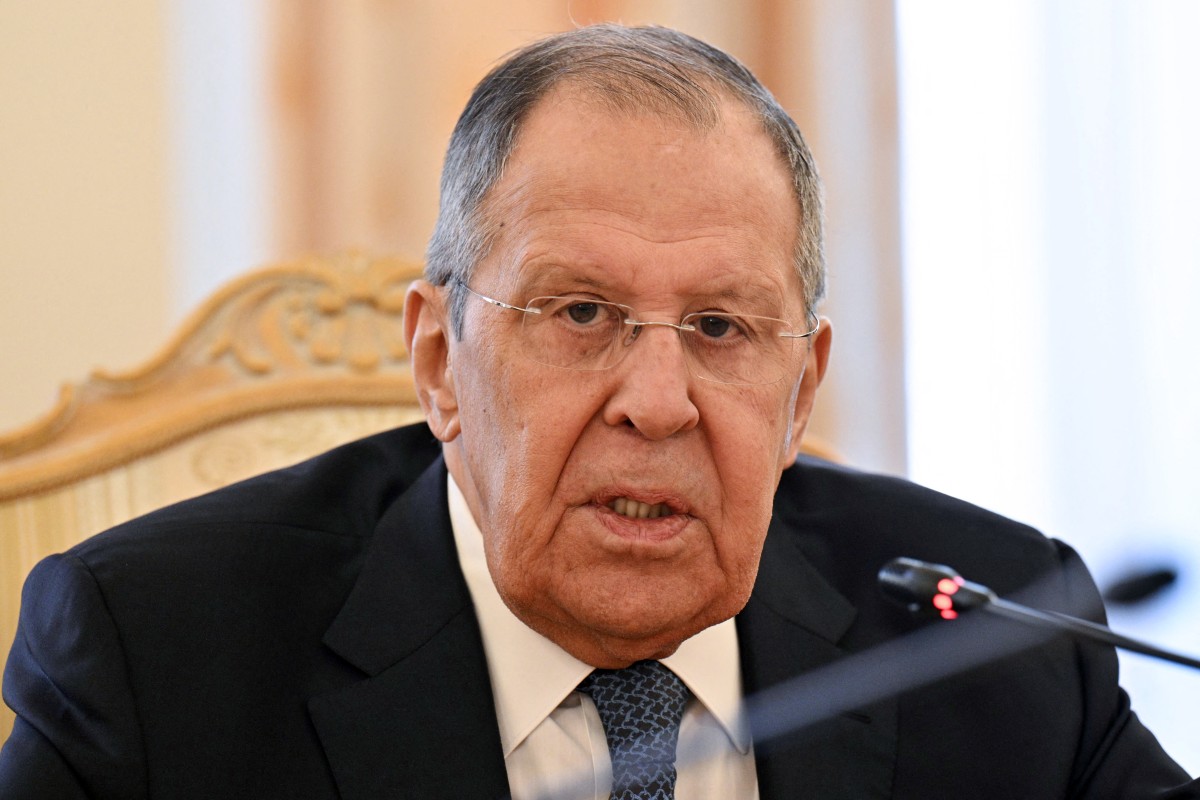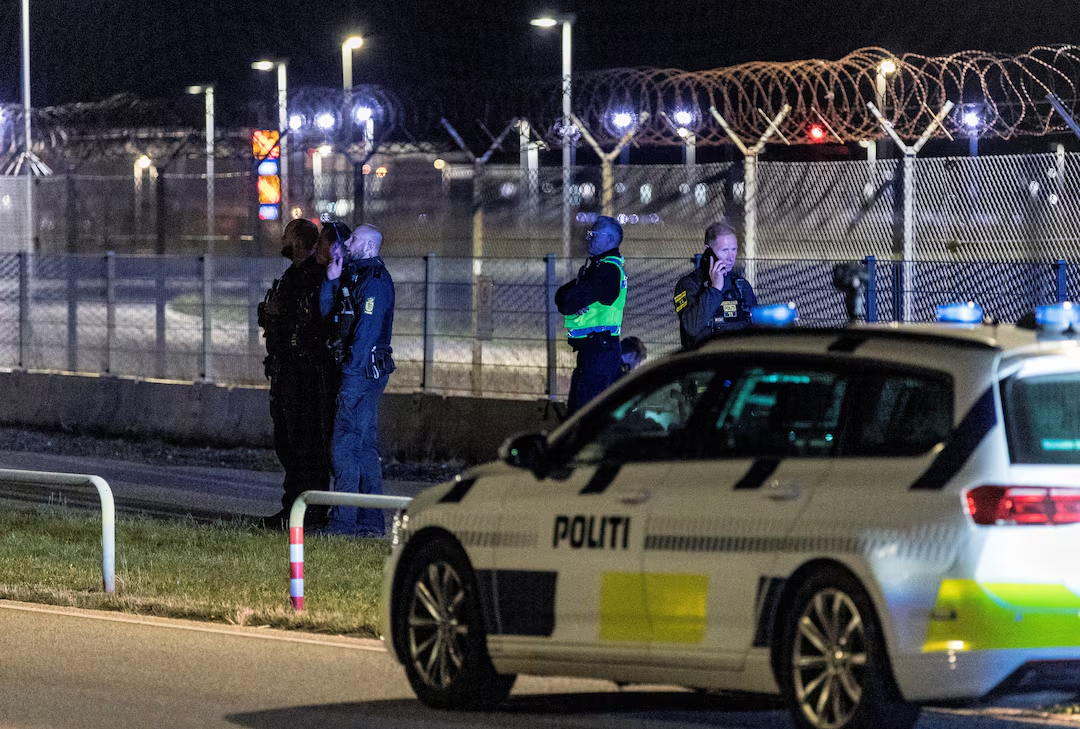COPENHAGEN: Ukraine's President Volodymyr Zelensky warned Europe on Thursday that recent drone incursions showed Russia was looking to "escalate" its aggression, as he offered his country's war-honed expertise to help counter the threat.
The warning came at a summit of European leaders from just under 50 countries, who converged on a conference centre in Copenhagen under tight security after mystery drone flights rattled Denmark last month.
The drone sightings in Denmark and high-profile aerial incursions by Moscow in Estonia and Poland have heightened fears that Russia's assault on Ukraine could spill over Europe's borders.
‘Never just about Ukraine’
"The recent drone incidents across Europe are a clear sign that Russia still feels bold enough to escalate this war," Zelensky said.
"It was never just about Ukraine; Russia has always aimed to break the West and Europe."
Russian President Vladimir Putin waived the accusations, but said Russia was "closely monitoring the rising militarisation of Europe", adding that Moscow's response will be timely and "significant."
Putin accused Europe of stoking "hysteria" to excuse rising military spending, and said Russia did not pose a threat.
‘Just calm down’
"Just calm down," Putin said.
European leaders are keen to work with Ukraine's war-tested expertise as they seek to bolster their own defenses, and are discussing plans for a "drone wall."
"If the Russians dare to launch drones against Poland, or violate the airspace of northern European countries, it means this can happen anywhere," Zelensky said.
"We are ready to share this experience with our partners."
French President Emmanuel Macron said Western countries should be willing to take a tougher line when confronted by Russian drones, to sow doubt in the Kremlin.
‘Big risk’
"It's very important to have a clear message. Drones which would violate our territories are just taking a big risk. They can be destroyed, full stop," Macron said.
Romanian Prime Minister Nicosur Dan, whose country has seen Russian drones crossing over from Ukraine, warned that his forces would shoot down the next one to violate their airspace.
As Russia's full-scale war on Ukraine drags on through a fourth year, Europe is scrambling to keep up pressure on Moscow and secure funding for Kyiv.
Macron said it was key to step up efforts to counter the so-called shadow fleet of ageing oil tankers to "kill" the business model Russia uses to circumvent restrictions on exporting its oil.
‘Shadow fleet’
"It is extremely important to increase the pressure on this shadow fleet, because it will clearly reduce the capacity to finance this war effort," said Macron -- pointing at France's move this week to hold a blacklisted tanker linked to Russia.
In a bid to ensure Ukraine has the necessary financing, the European Union is exploring a proposal to utilize frozen Russian assets to fund a new 140-billion-euro ($ 165 billion) loan.
Proponents argue that the move is necessary to help Ukraine address budget shortfalls — and that Russia, not European taxpayers, should ultimately bear the cost.
Belgian reservations
But Belgium, where the vast majority of frozen assets are held, has deep reservations over the plan, which some leaders fear could spook other investors or draw Russian retaliation.
"We're going to move to uncharted waters. This is very, very risky," Belgian Prime Minister Bart De Wever said.
He insisted he wanted clear commitments from all EU leaders that they would share the potential liability with Belgium to shield it from any Russian retribution.
EU Chief Ursula von der Leyen said on Wednesday that it was clear the risk should not fall solely on Belgium's shoulders and that she would "intensify" talks on the proposal.
